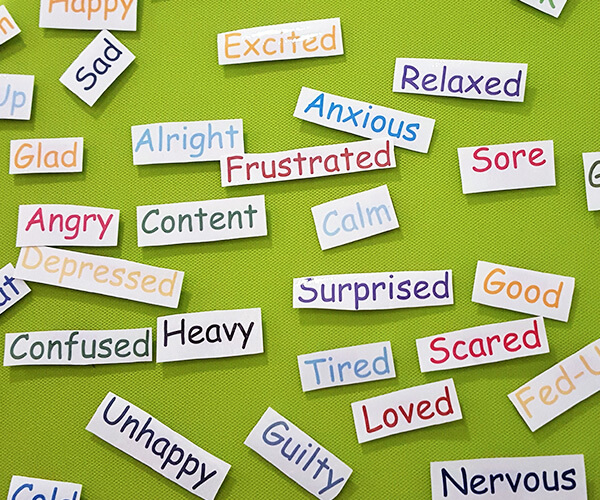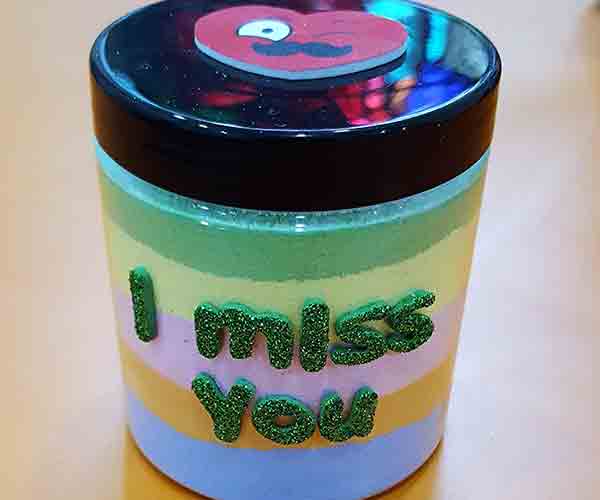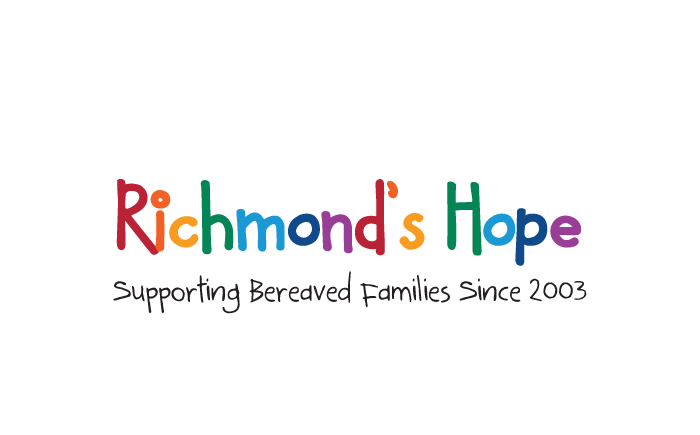Supporting a Bereaved Child/Young Person
How you can help a child
- Don’t know what to say?
- How do I answer my child’s question?
- What about the funeral?
It’s common to have lots of questions and sometimes there’s no right or wrong answer, but below are some of the suggestions that would be a guide in helping you communicate with your child following a bereavement.
- Be as truthful as you can about the death
- Give them the choice about attending the funeral and find out if they want to ask the person conducting the funeral an questions
- Allow them an opportunity to take part in the funeral, if appropriate, in their own way (i.e. releasing a balloon)
- Children, like adults, will grieve in their own way
- Be patient and offer comfort and support when they need it
- Let them talk about the person who has died
If you need more advice or you feel that your child needs further support in the time following the funeral, please contact us.
How we can help
The charity gives children a safe space where they can say what has happened and what the person who has died has meant to them. They are given time to remember the person and helped to preserve their memories for the future as well as developing ways of coping with the emotions that they feel. Much of our work is done using play and in particular Therapeutic Play.
Why Therapeutic Play?
The grief of a child may fundamentally be the same as for adults; the difference is in the way that children cope with their feelings. When things get too much for them they can switch off: Children are more likely to act out their distress rather than speak about it, the reason being that they do not have the vocabulary to do so. They can do this through play. For instance drawing and painting are therapeutic in themselves but they can also help children describe how they are feeling.
Death is a normal part of life, but for children the death of a close relation can be very hard to understand. Adults sometimes try to protect a child from the fact of death, in the belief that they are not old enough to understand or that they will be too upset. Children can learn to cope with death when they are involved and given the chance to understand what has happened, and allowed the opportunity to express their grief.
When we are adults it is hard enough to cope with the death of someone who is close to us, but when it affects children as well it can be difficult for us to know what to say or how to support them.
Richmond’s Hope is a charity that supports children who have been bereaved. Not all children will need the support of a charity such as this, but we are here to help those who do.


